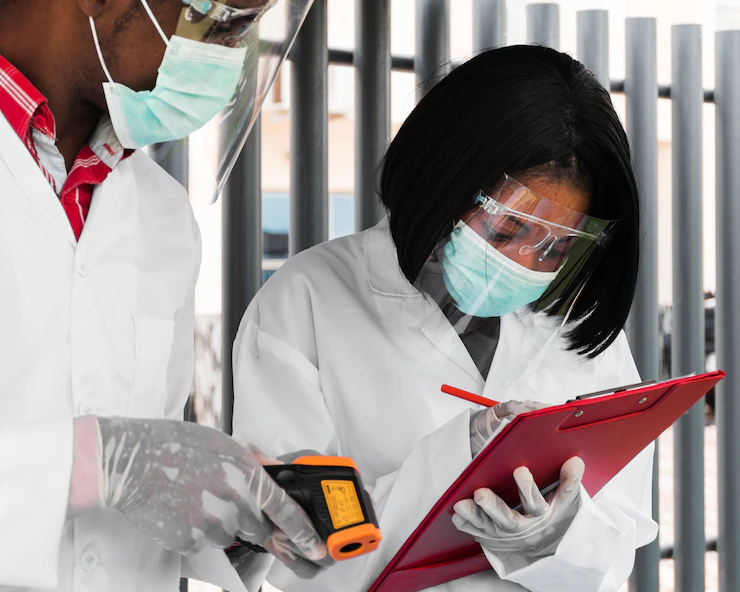Forensic pathologists play a crucial role in determining the cause and manner of death in cases involving criminal investigations, accidents, or unexplained deaths. Choosing the right forensic pathologist is essential to ensure accurate and thorough forensic examinations. When selecting a forensic pathologist in South Africa, consider the following ten factors to ensure you have a skilled and reliable professional by your side.
- Board Certification and Accreditation: Ensure that the forensic pathologist is board-certified and holds the necessary qualifications and certifications. In South Africa, look for accreditation from the Health Professions Council of South Africa (HPCSA). Certification demonstrates that the pathologist has undergone rigorous training and meets the required standards for forensic practice.
- Specialization and Expertise: Evaluate the pathologist’s specialization and expertise in forensic pathology. Look for experience in handling various types of cases, including homicides, natural deaths, accidents, and mass disasters. Specialization ensures that the pathologist possesses in-depth knowledge and skills specific to forensic investigations.
- Experience and Track Record: Consider the pathologist’s years of experience in the field. Assess their track record in handling complex cases and their ability to provide accurate and reliable forensic examinations. An experienced forensic pathologist brings a wealth of knowledge and expertise, enhancing the quality and integrity of their work.
- Quality of Facilities and Equipment: Examine the facilities and equipment available at the forensic laboratory where the pathologist conducts their examinations. State-of-the-art facilities and advanced forensic tools and equipment ensure accurate and efficient investigations. Additionally, ensure that the laboratory adheres to proper chain of custody protocols to maintain the integrity of evidence.
- Collaboration with Law Enforcement and Legal Professionals: A strong working relationship with law enforcement agencies and legal professionals is vital for effective forensic investigations. Evaluate the pathologist’s ability to collaborate with investigative teams, provide expert testimony in court, and maintain professional relationships within the legal system.
- Communication Skills and Courtroom Experience: Effective communication skills are crucial for forensic pathologists, as they often interact with various stakeholders, including law enforcement, legal professionals, and grieving families. Choose a pathologist who can explain complex forensic findings in a clear and concise manner and has experience presenting evidence and expert testimony in court.
- Ethical Conduct and Professionalism: Ethical conduct and professionalism are paramount in forensic pathology. Ensure that the pathologist adheres to the highest ethical standards, including maintaining confidentiality, treating all individuals with respect and sensitivity, and following legal and professional guidelines in conducting investigations.
- Continuing Education and Research Involvement: Forensic science is a rapidly evolving field, with new techniques and research emerging regularly. Select a pathologist who actively engages in continuing education, attends forensic conferences, and contributes to research in the field. A commitment to ongoing learning ensures that the pathologist stays abreast of the latest advancements and best practices in forensic pathology.
- Autopsy Turnaround Time: Consider the pathologist’s ability to complete autopsies in a timely manner. Delays in autopsy reports can impact ongoing investigations or legal proceedings. A reliable and efficient forensic pathologist aims to complete autopsies and provide accurate reports within a reasonable timeframe.
- Reputation and Recommendations: Seek recommendations from law enforcement professionals, legal experts, and other stakeholders involved in forensic investigations. Consider the pathologist’s reputation within the industry, their standing among peers, and feedback from previous clients. Positive recommendations and a strong reputation indicate a reliable and respected forensic pathologist.
Selecting the right forensic pathologist in South Africa is crucial for accurate and reliable forensic examinations. By considering factors such as board certification, specialization, experience, quality of facilities, collaboration skills, communication abilities, ethical conduct, continuing education, autopsy turnaround time, and reputation, you can choose a forensic pathologist who possesses the necessary skills, knowledge, and professionalism to conduct thorough and reliable forensic investigations.










